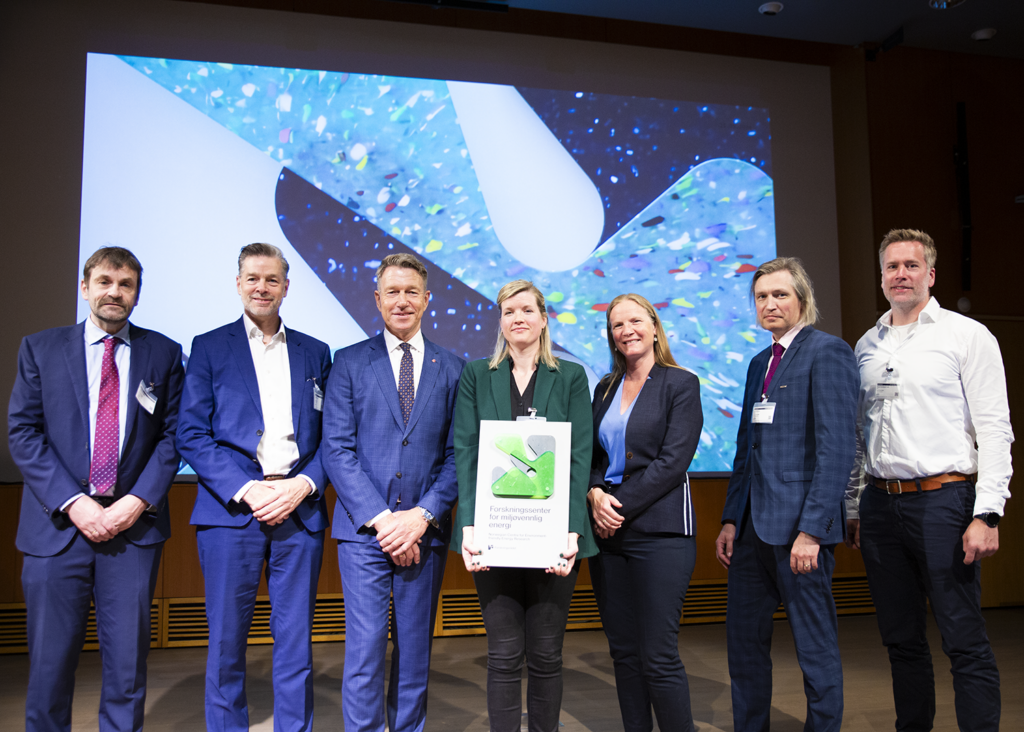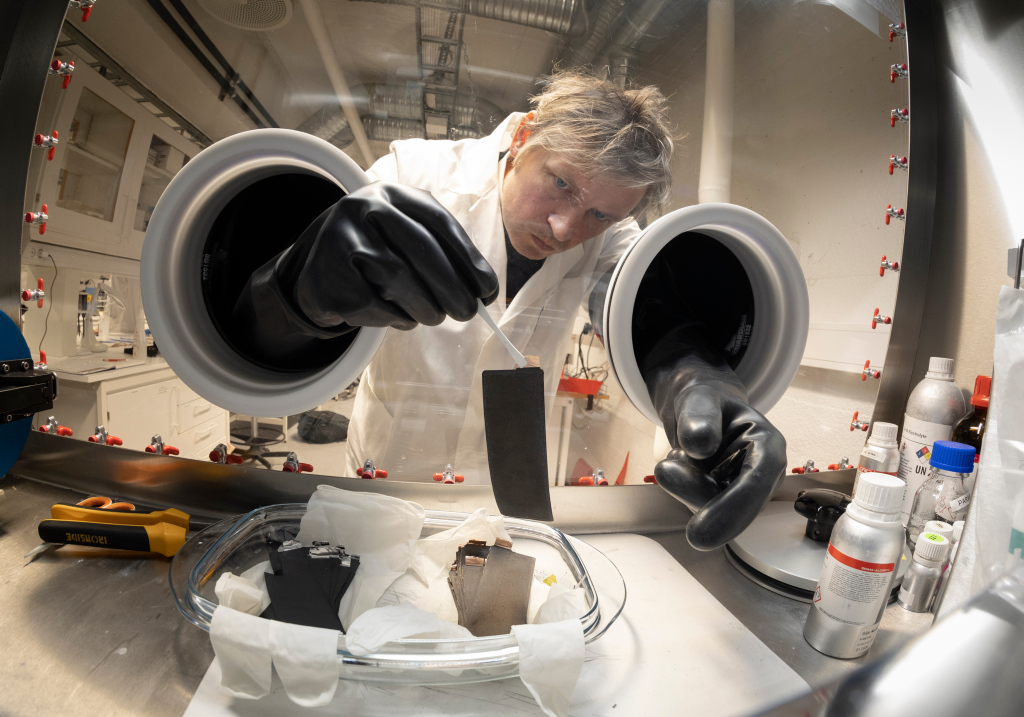FME Battery will work on technological advancement, innovation, and education within the various parts of the battery’s circular value chain.
“This center is incredibly important for accelerating the development of a sustainable and circular battery value chain in Norway. By bringing together stakeholders from academia, institutes, and industry, we have gathered Norway’s foremost expertise in the field,” says Hanne Flåten Andersen, the center director..

“We look forward to some exciting years of research, innovation, and collaboration. Together, we are creating opportunities for a more sustainable future, where batteries play a central role in the transition to cleaner energy.”
The center brings together 8 research partners, 36 industry partners, and 7 international partners. The Ministry of Energy is funding the battery center through the Norwegian Research Council with 160 million NOK over the next eight years. The host for FME Battery is the Norwegian University of Science and Technology (NTNU), and the leader is from the Institute for Energy Technology (IFE).
Uniting Knowledge and Industry

The center aims to contribute to decarbonization by facilitating significant growth in renewable energy sources through energy storage, both for transportation and stationary purposes. FME Battery will highlight future sustainable battery technology and develop the circular value chain for batteries, including material manufacturing, recycling, new materials, cell production, system operation, digitalization, and sustainability.
“The battery value chain is in the process of creating thousands of new jobs in Norway alone, contributing significantly to the renewable society. This is a sector that is particularly knowledge-driven and requires high expertise,” says Professor Odne Burheim, deputy director and head of research-based education.
“We are ready to roll up our sleeves and educate 65 master’s students, 22 Ph.D. students, and 1 postdoctoral fellow just in this project. We will develop and disseminate new knowledge, technology, and methods through research-based education. Norway gains a reinforced opportunity to succeed in one of the largest business opportunities of this and the next decade.”

FME Battery has partners from across the country, from UiT in the north to UiA in the south, and UiS in the west to UiO in the east. In addition, SINTEF and FFI are research partners. The industry partners are also from all corners of Norway, and the European partners are internationally recognized.
Contact
- Hanne Flåten Andersen, center leader at FME Battery. Email: hanne.andersen@ife.no. Phone: +47 936 23 173.
- Odne Burheim, deputy leader and head of research-based education at FME Battery. Email: burheim@ntnu.no. Phone: +47 917 07 856.
More information about FME Battery can be found at ntnu.no/fmebattery.
